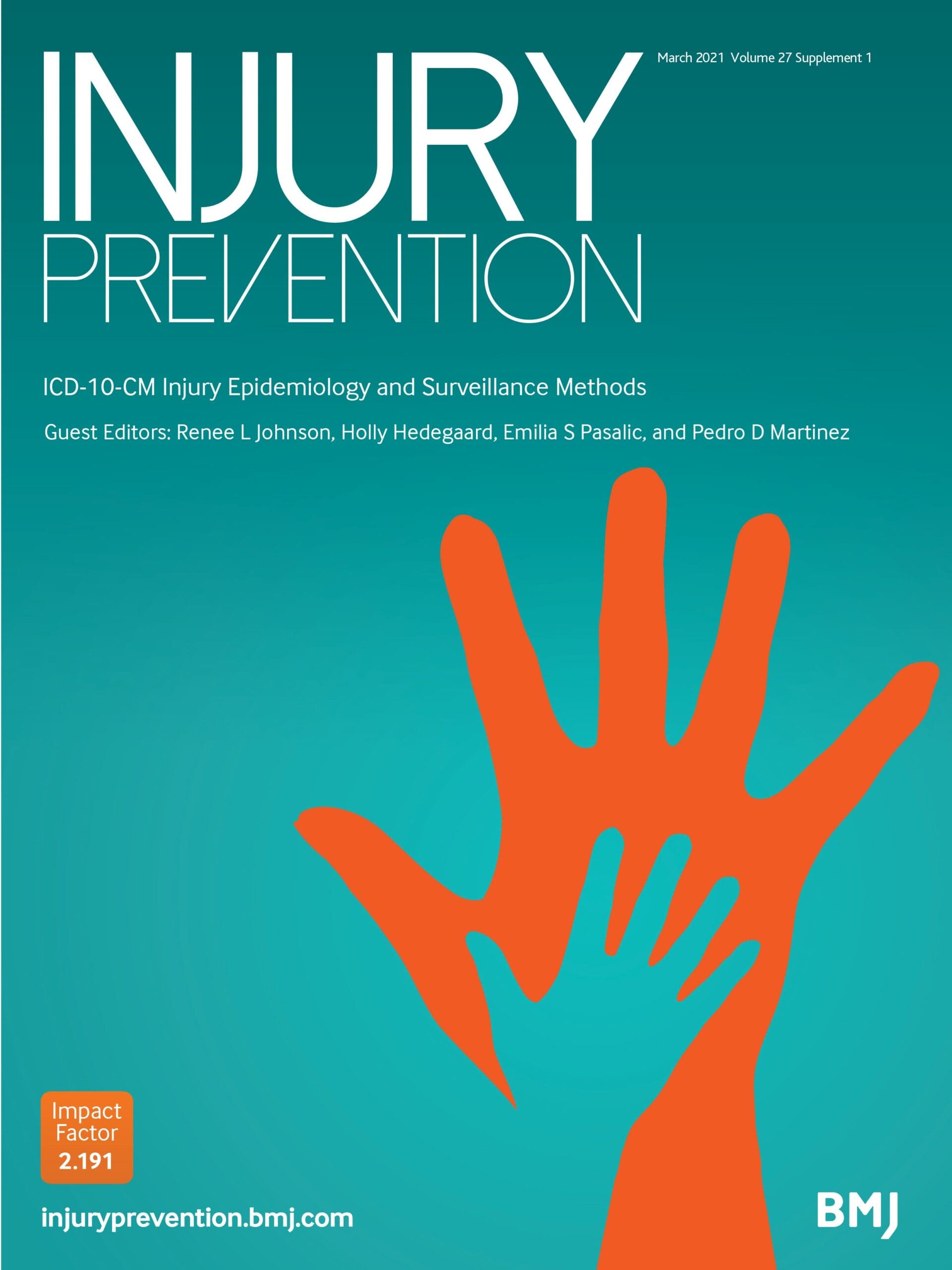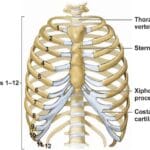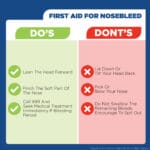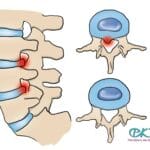Have you ever experienced that unsettling sensation of “pins and needles,” a tingling feeling, or perhaps even a complete loss of feeling in a part of your body? This is known as numbness, and in the medical world, it often falls under the category of paresthesia. Understanding how this common symptom is classified and coded is crucial for both patients and healthcare professionals. This comprehensive guide explores ICD-10 code R20.2, its significance, related conditions, and when numbness may signal a serious medical concern.
Decoding R20.2: What Does This Code Mean?
ICD-10 code R20.2 signifies “paresthesia of skin,” encompassing sensations like numbness, tingling, and “pins and needles.” This code plays a vital role in accurate medical billing, diagnosis, and tracking of health trends. Effective October 1, 2024, the 2025 edition of ICD-10-CM code R20.2 became the standard for U.S. healthcare providers, ensuring consistent documentation and reimbursement. It’s important to remember that R20.2 is a billable code, meaning it’s specific enough for insurance purposes. However, while R20.2 is the primary code for skin paresthesia, other ICD-10 codes may be necessary depending on the underlying cause. This is where the detective work begins.
Unraveling the Causes of Numbness
Numbness itself isn’t a disease; it’s a symptom, a clue that something else might be happening in your body. The underlying cause requires a thorough investigation and often involves a different ICD-10 code. Some of the potential culprits include:
Peripheral Neuropathy
Often described as numbness, tingling, or pain in the hands and feet, peripheral neuropathy can sometimes spread up the arms and legs. It occurs when the nerves that carry messages between the brain and the extremities are damaged or malfunctioning. Several factors can contribute to peripheral neuropathy, such as diabetes, vitamin deficiencies, certain medications, physical injury, osteoarthritis, and repetitive movements. Learn to treat icd 10 inguinal pain as a medical professional with board certified doctors by your side.
Neurological Disorders
Conditions affecting the central nervous system, like multiple sclerosis (MS), can also cause numbness. MS disrupts the flow of information within the body, leading to various sensory changes, including the loss or alteration of sensation.
Stroke
A stroke is a medical emergency in which blood flow to a part of the brain is interrupted. Sudden numbness, particularly on one side of the body, can be a warning sign of a stroke. Other stroke symptoms can include difficulty speaking, confusion, sudden severe headache, and vision problems. If you experience these symptoms, seek immediate medical attention by calling 911.
Other Potential Causes
Nerve damage, diabetes, osteoarthritis, physical trauma, and vascular problems can all contribute to numbness. Determining the specific cause requires careful evaluation by a healthcare professional.
Numbness vs. Paresthesia: Understanding the Difference
While often used interchangeably, numbness and paresthesia are distinct sensations. Numbness is a complete loss of feeling in an area, while paresthesia involves abnormal sensations like tingling, prickling, burning, or the “pins and needles” feeling. They can occur together or independently, further highlighting the complexity of the nervous system. Both numbness and paresthesia can be caused by a variety of factors including nerve damage, circulatory issues, metabolic disorders, infections, autoimmune disorders, vitamin deficiencies, and nerve compression. Accurate diagnosis is key and depends on physical examination and neurological testing. Treatment may range from medication, physical therapy to lifestyle changes and even surgery. If symptoms are persistent or interfere with daily life, seeking professional medical advice is crucial. Did you know that poor appetite, also known as hyporexia, can be a sign of Covid-19?
When to Seek Immediate Medical Attention
Numbness, especially on one side of the body, can signal a serious medical emergency. If accompanied by vision problems, dizziness, confusion, slurred speech, or a sudden, severe headache, it could indicate a stroke, requiring immediate medical care (call 911).
ICD-9 and ICD-10: Understanding the Transition
Prior to October 1, 2015, ICD-9 code 782.0 (“Disturbance of skin sensation”) was used for numbness and tingling. With the transition to ICD-10, the more specific code R20.2 (Paresthesia of skin) was implemented, reflecting the ongoing evolution of medical coding and improved precision in diagnosis.
The Importance of Accurate Diagnosis
Accurate coding and diagnosis are essential for appropriate treatment and insurance reimbursement. A healthcare professional can evaluate your symptoms, medical history, and conduct necessary tests to determine the underlying cause of your numbness and assign the most accurate ICD-10 code. This ensures you receive the correct treatment and facilitates the smooth processing of insurance claims.
Ongoing Research and Future Directions
Medical understanding is constantly evolving. Ongoing research continually explores the intricate nature of numbness and its causes. Staying informed about the latest findings empowers you to take better care of your health. Some experts believe that certain genetic factors may play a role in numbness, while others are researching the influence of environmental toxins. There’s still much to learn, and future discoveries may reshape our approach to diagnosing and managing these sensory disturbances. Remember, knowledge is power, and understanding your body is the first step toward optimal well-being. This information is not a substitute for professional medical advice. If you have concerns about numbness or any unusual sensations, always consult a healthcare professional for personalized guidance and care.
- Unlock Water’s Symbolism: A Cross-Cultural Exploration - April 20, 2025
- Identify Black and White Snakes: Venomous or Harmless? - April 20, 2025
- Unlocking Potential: Origins High School’s NYC Story - April 20, 2025















